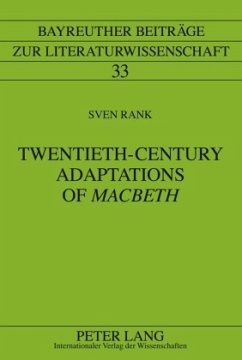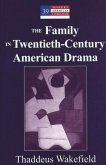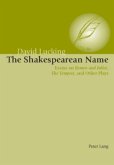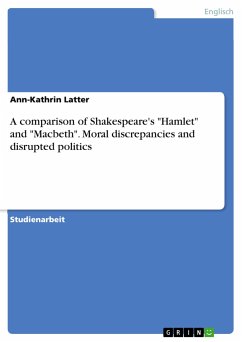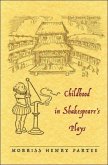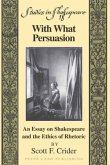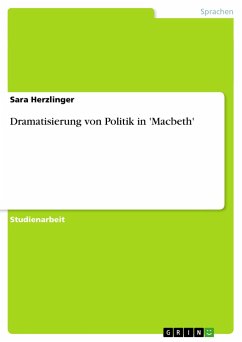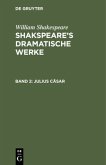The book traces individuals' adaptive interventions in the cultural sphere. More specifically, it investigates the purposes of dramatic adapting, which is basically regarded as a political activity. Following the intense micropolitical combat of an author with the precursor Shakespeare, adaptation becomes comprehensible as part of the ceaseless motions of macrocultural change. At each adaptation's centre, an individual subject's identity act encounters external discourses, and these transform each other and destabilise ideologies. Moreover, they lay siege to the cultural powerhouse Shakespeare. The book thus explores adapters' revolt against the loop of eternal repetition, which is created by canonic forces. In order to do so, the author uses an innovative combination of standard theories.
Bitte wählen Sie Ihr Anliegen aus.
Rechnungen
Retourenschein anfordern
Bestellstatus
Storno

